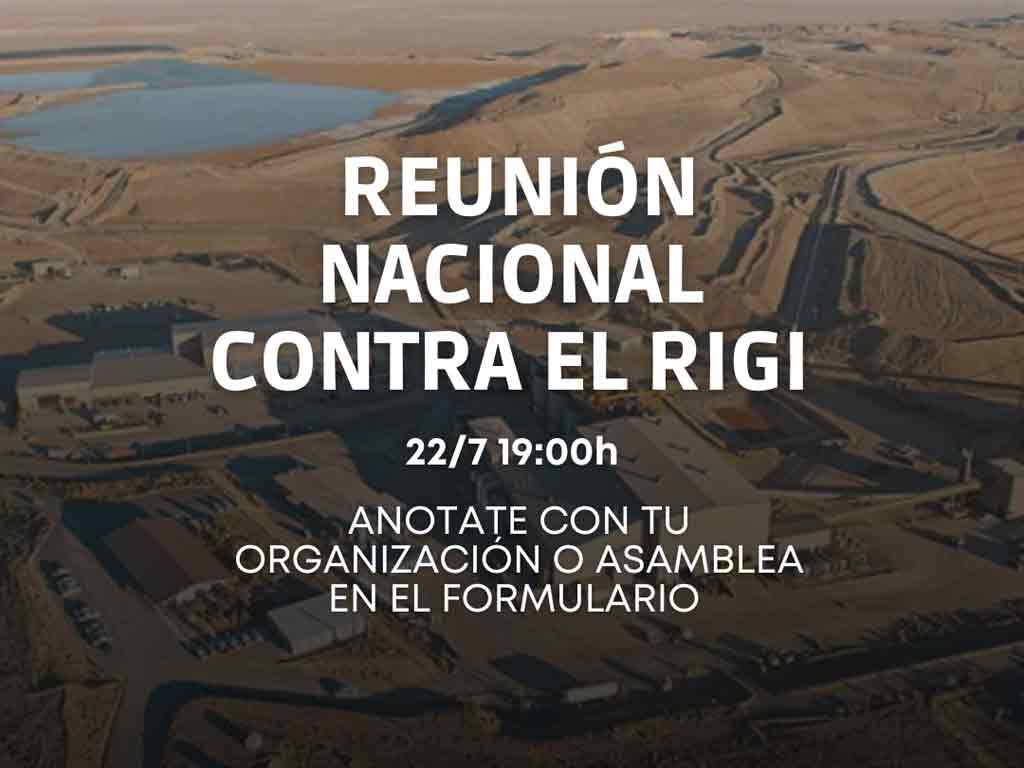Within the framework of the “No to RIGI” Plurinational Campaign, members of groups such as Environmental Lawyers, Enough of False Solutions, the Coastal Community of Tierra del Fuego, Antarctica, and the South Atlantic Islands, and the Multisectoral for Wetlands, among others, will meet to define actions against government’s measure. They also announced that they sent a letter to legislators, governors, and councilors expressing their rejection of this initiative.
“We demand that the provincial and municipal authorities reject joining the RIGI included in the Base Law. This is a violation of the rights enshrined in the Constitution and in international agreements signed by our country in recent decades, particularly in environmental and water resources”, states the letter, which specifies that the regime is contrary to the principle of “non-regression in environmental matters”, to the policies of mitigation and adaptation to climate change, to the Sustainable Development Goals and to any planning that serves the popular majorities and is in harmony with nature.
The letter also indicates that the law annuls the possibility of exercising the right of prior consultation of indigenous communities (Convention 169 of the International Labor Organization) and for the population in general to have access to adequate information to participate in decision-making processes regarding decisions that affect the territories where they live (Escazú Agreement).
According to the letter, the RIGI has serious environmental, economic and social consequences, implies ceding part of the autonomy of the provinces, and is a threat to access to water, territories, and common goods.
In addition to the tax and exchange facilities provided by law, not only for future exploitations but also for existing ones, it implies, among other things, that any environmental protection policy achieved in recent years is considered null.
“In situations of scarcity, large companies with local and transnational capital could have priority in the use of water or energy over community needs. Likewise, we warn about the loss of jobs and the destruction of regional economies that still exist,” the letter adds.
jrr/llp/arc/gas









